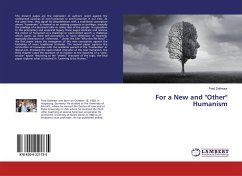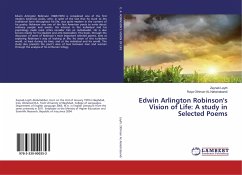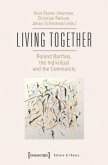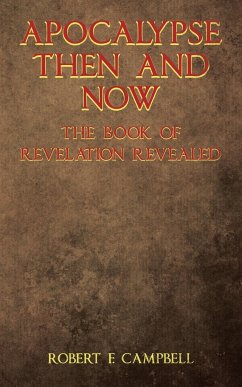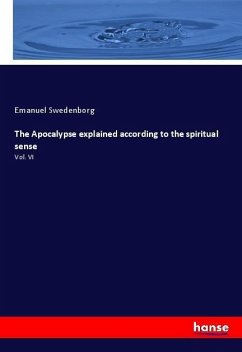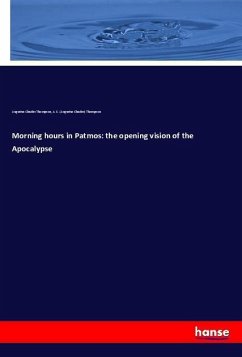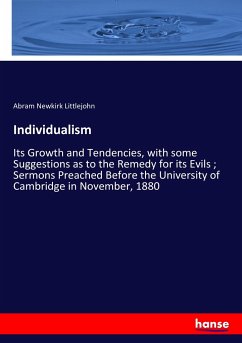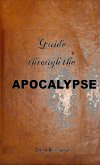The present pages are the expression of author's revolt against the widespread upsurge of non-humanism or anti-humanism in our time. At the same time, they signal his dissatisfaction with a traditional conception where "humanism" is treated as an existing property or privilege, basically the privilege of a dominant elite or ruling class of the people. In opposition to this proprietary and empiricist legacy, these pages vindicate and retrieve the notion of humanism as a challenge or open-ended search, a challenge which opens up fixed self-conceptions to novel dimension of meaning, especially dimensions of "otherness. " Under the title "Who Are We Now?", the first paper traces the emergence of this new conception against the backdrop of more traditional formulas. The second paper explores the connection of humanism with the academic pursuit of the "humanities" or liberal arts. Stressing the open-ended character of the new humanism, the third chapter raises the question of its relation to the dawning of a "post-secular" epoch. Returning to the "zetetic" character of the topic, the final paper explores what is involved in "Learning to be Human."
Bitte wählen Sie Ihr Anliegen aus.
Rechnungen
Retourenschein anfordern
Bestellstatus
Storno

